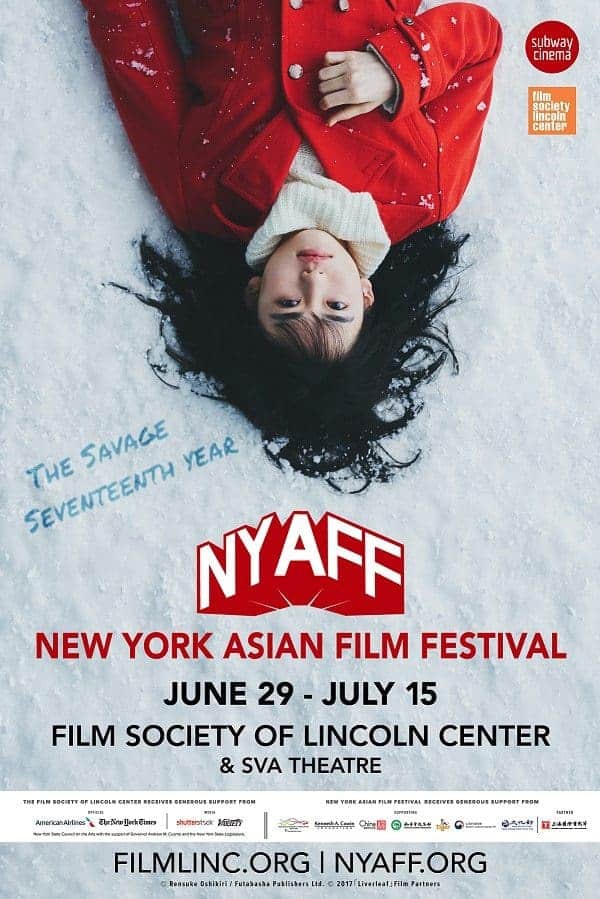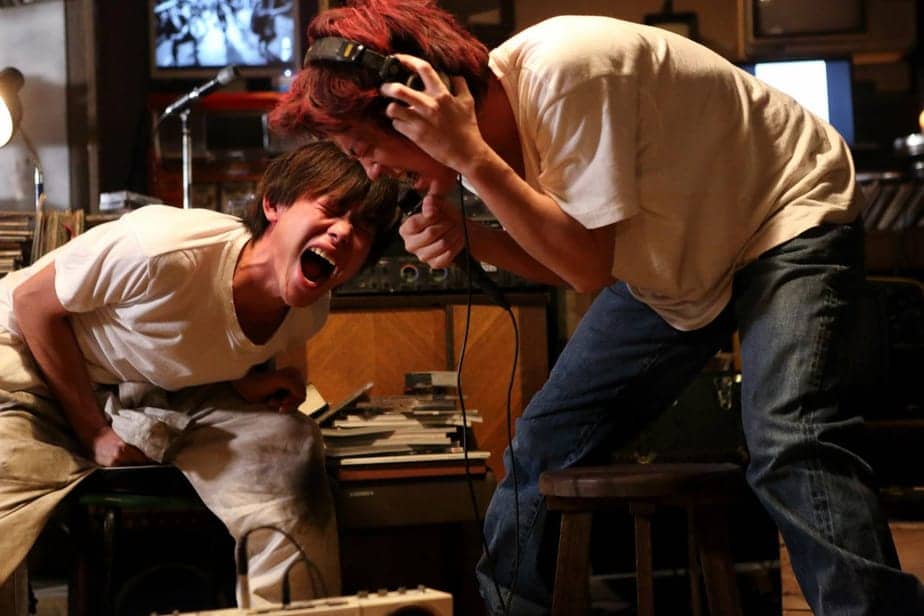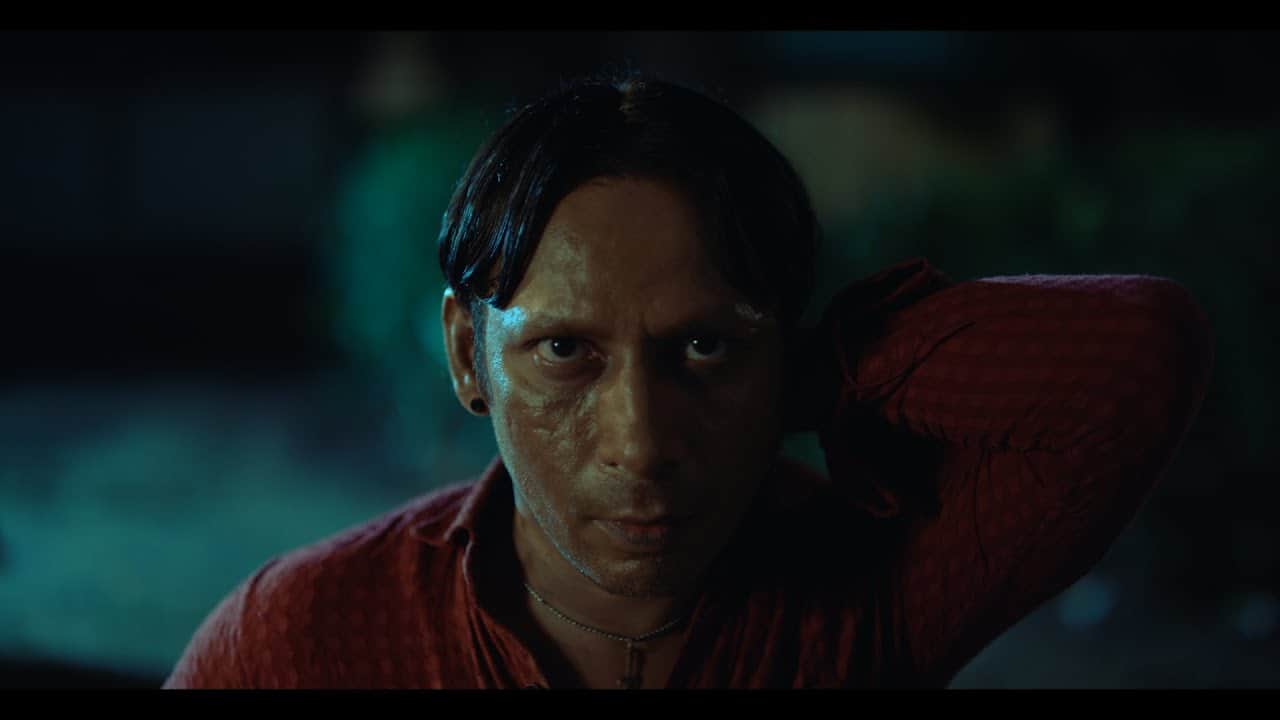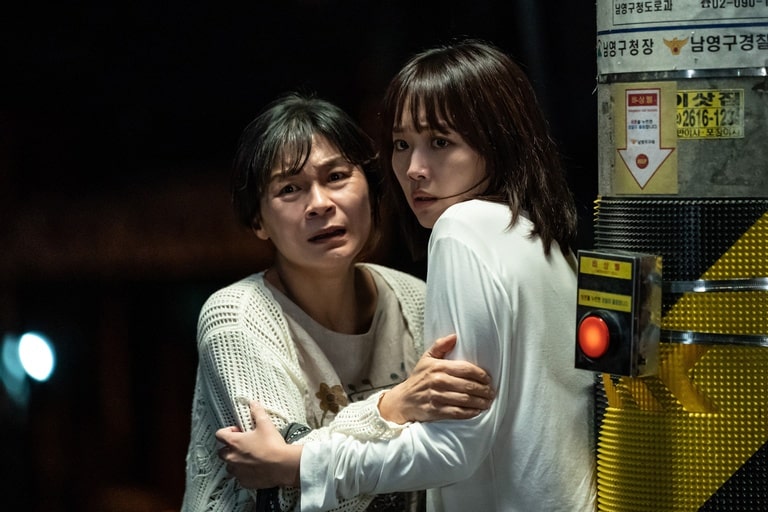Before embarking for the land of blockbusters with his last two movies (“Operation Mekong, Operation Red Sea), which made his name known all around the world, Dante Lam had quite a significant career behind him, with a number of great titles under his belt. “Beast Stalker” is definitely one of them.
Beast Stalker is screening at the 17th New York Asian Film Festival

Sergeant Tang Fei is the leader of a police team. He is very skilled but also too strict towards his subordinates, who are yelled at and receive negative reports each time they make the slightest mistake. During a mission of capturing wanted criminal Zhang Yidong, him and his right-hand, Sun get drawn into a car chase that ends in true tragedy, during a triple car accident that ends with the criminal in coma, Sun crippled, and public prosecutor Ann Gao's little daughter dead, slain by the bullets of Tang Fei.
The accident takes a terrible toll on everyone, particularly divorced mother Ann Gao and Tang Fei, whose team disbands with its members soon after forcing him to face his awful attitude towards them. As soon as Zhang Yidong wakes up from the coma, Gao Min proceeds with prosecuting him immediately. He, however, unleashes veteran hitman Hung, who proceeds on kidnapping Gao Min's second daughter, Ling. Tang Fei now has a chance on redemption, but the obstacle of the half-blind Hung, who also experiences a tragedy of his own due to his paralyzed wife, proves much more difficult than he ever imagined.
Let us start from the obvious. As is usually the case in HK action cinema, Dante Lam and Wai Lun Ng pen a story that takes too many liberties against logic, with the extremely unlikely coincidences following one another, with the finale providing the most extreme one. Personally, I consider this a characteristic of HK cinema, and I do not let these illogicalities bother me at all.

Apart from that, Dante Lam directs an agonizing action thriller, the draws as much as possible from his two main characters. And while the remorseful Tang Fei is a nice point of focus, offering some moments of drama (and occasionally melodrama) in an otherwise action-based movie, the one who steals the show is Hung, who actually becomes the protagonist of the story, after a fashion. The combination of his dramatic life story and his physical situation with the trouble in his eyes, with his almost absolute ruthlessness and his uncanny ability in fighting, planning, and evading the police make for one of the best villains we have seen in the category.
Nick Cheung is exceptional in the part, oozing a malice that becomes somewhat justified (to a point) after we learn his life story, with his prowess in both the dramatic and the action scenes being more than obvious. The plethora of awards he received all around the world is utterly justified. Nicholas Tse as Sergeant Tang is on a lower level that Cheung, but is still quite good, both as cocky and obnoxious in the beginning and as remorseful and determined later in the movie. The fact that the film does not try to draw from his looks in any way is also a plus in my book. Zhang Jingchu as Gao Min provides the necessary female element in a male dominated film, with her presence as a distressed, occasionally desperate but also resolved woman being quite convincing. Kudos should also be offered to Suet-yin Wong in the role of her daughter, whose struggle to escape is both adorable and agonizing, and Mia Pu as Hung's wife, who manages to communicate a number of feelings, just through her eyes.

Wei Tung's action choreography and Chan Ki-hop's fast editing are among the best aspects of the film, while both find their apogee in the car crash scene, the most impressive one in the movie. Cheung Man-po and Tse Chung-to's cinematography is also quite good, communicating the claustrophobic essence of Hong Kong in very fitting manner. Add to these some gore (not extreme though) and a number of scenes where Ling is about to suffer something horrifying, and you have the backbone of the visuals of the production.
The great villain, the agonizing atmosphere that derives of the fact that it is not unusual for HK action films to have their protagonists losing or even dying in the end, and some truly memorable action scenes are the main factors of the success of a film that is among the best in the genre.















